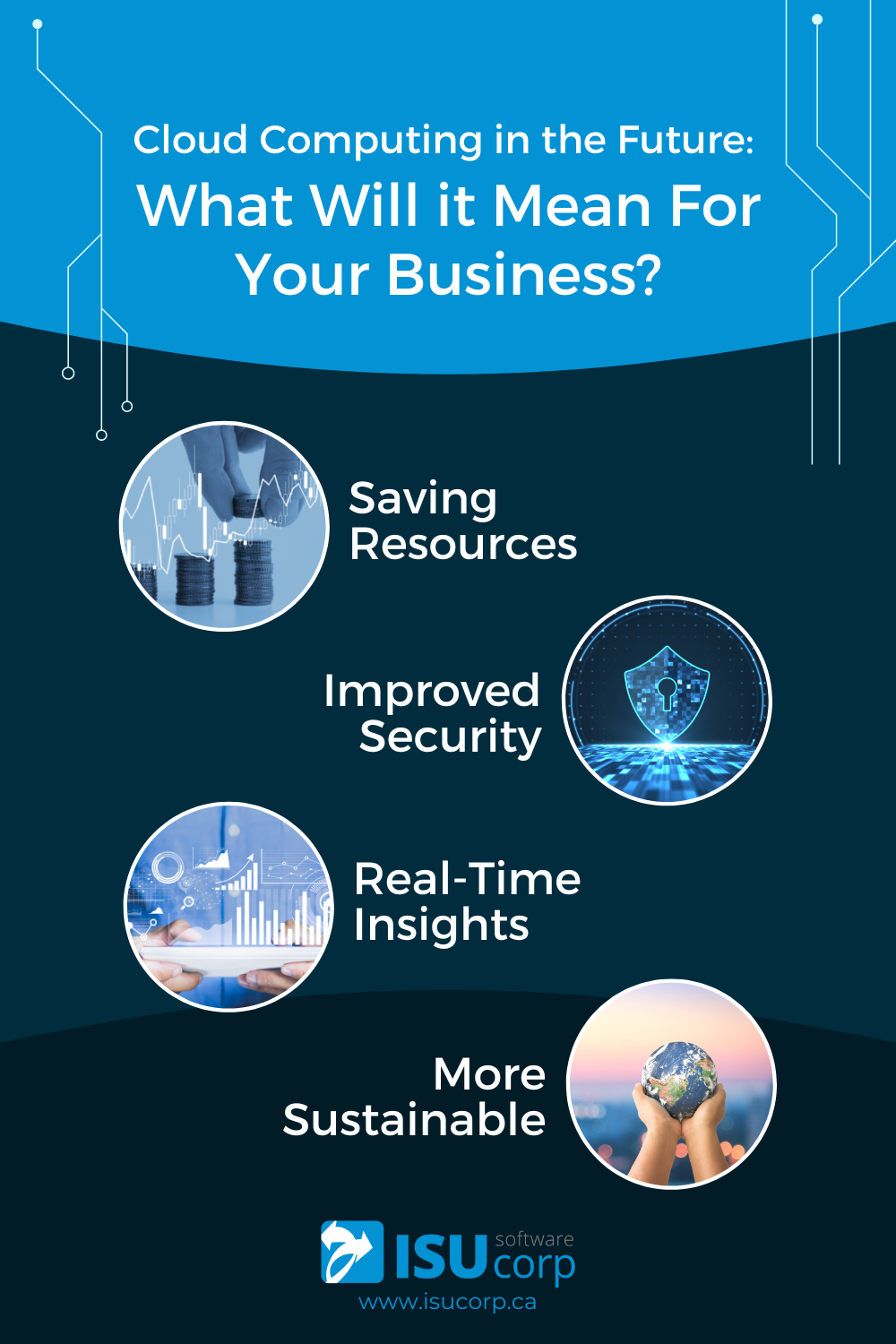Cloud computing technology has rapidly gained popularity over the last decade. This is primarily due to its ability to help businesses scale, reduce spending on or eliminate the need for hardware, and allow the platform to perform consistently. For the average consumer unfamiliar with the service, the term “cloud computing” can sound intimidating. Essentially, it is a method for storing and accessing your platform's data on the internet as opposed to hardware. Think of how you can access Netflix or your Google Drive from any device with an internet connection.
Cloud computing services are quite lucrative since a significant portion of businesses (especially D2C) are starting out online or moving online and away from brick-and-mortar. One press release from Gartner found that end-user spending on public cloud computing services could be on track to exceed $480 billion in 2022. This spending is expected to continue growing at an annual rate of over 20% which would put consumer spending at $600 billion by 2023.
The benefits of cloud computing can be summed up under the following components:
Fast deployment speed
Software updates are automatic
Highly scalable
Secure environment for data storage/access
Unlimited data storage
Disaster recovery
Cost-effective
Now how does this apply to your business? How can you use cloud computing as something that will benefit not only the short-term but also the long-term operations of your company?
The future of cloud computing
The trending hybrid work model is pushing organizations to invest more in migrating to cloud services. This has led to estimated annual spending of over $2.5 billion for companies to simply adopt this technology. With that being said, these are some of the specific advancements we can expect to see with cloud computing this year as well as in years to come:
Multiple cloud services: The cloud services available to businesses will branch out to cover different areas with various capabilities as investments grow. In coming years you can expect to see a prevalence of Platforms as a Service (PaaS), Desktop as a Service (DaaS), and Infrastructure as a Service (IaaS).
Big data: The name does speak for itself since this technology is meant to process… well, large amounts of data that traditional software wouldn’t be able to handle due to its complexity. Big data benefits the overall performance of the application as well as the business's ability to take on and keep up with a large workload and deliver various services.
Multi-cloud: Multi-cloud is when a company uses two or more public, private, or edge cloud providers to run various applications and distribute different services. Companies are looking to be more dynamic with online offerings which makes it likely that we will see the utilization of multi-cloud environments.
Internet of Things (IoT): Every IoT device needs a secure environment to store the data it collects. This is where cloud services come in; devices can have the perfect environment to store and analyze the collected data. IoT is great for consumer use day-to-day and for businesses to increase ordering capacity, productivity among staff, and reduce costs.
Benefits of the transformation
All this information and talk of new technology sounds exciting, but what specific benefits can businesses expect from it in the next 10 years? Here are some key upgrades you can expect to see from cloud computing:
Saving resources: With the rising usage rates of cloud services as well as virtualization, companies can cut the cost of hardware and the maintenance that comes with it. In addition to this, we can expect to see AI take over data analysis.
Security: Compared to traditional on-site models that most companies use, the encrypted file storage of cloud computing is far superior. If, for instance, a cybercriminal tried to hack into the system, the files would be scrambled making them extremely hard to access.
Insights in real-time: Decision-making for a business happens from factors within and outside the organization. The best way to understand these factors is through data which is better organized through insights. Cloud computing gathers this data, stores it, and displays the analysis with insights to determine the immediate needs of the business.
Sustainable: Seeing the capabilities of the cloud regarding security, processing ability, flexibility, and cost-effectiveness are all factors that can last a business long-term. Additionally, in terms of cloud services' actual environmental sustainability, consumers use over 75% fewer servers, more than 80% less power, and reduce carbon emissions by almost 90%.
Preparing your business
To kick start the cloud strategy in your business, you first have to determine your goals and the services at your disposal. There are also going to be external factors that you’ll need to be prepared for to keep on track. Here are a few tips to ensure your long-term success with cloud computing:
Avoid FOMO (fear of missing out): A huge downfall for tech companies is rushing to release products simply because it's trendy or what their competitors are doing. With any innovation, there needs to be a firm “why” to support its introduction. What works for one company may not work for yours which means your “why” must be aligned with the goals and values of your organization.
Be strategic with multi-cloud deployment: When using multi-cloud deployment, organizations will only want to tap in when necessary. This means that it will be wise to go with one provider and make them preferred but integrate others when the preferred source can’t help. Again, integrating additional providers should only be done when it is in the best interest of the company's goals.
Build your team: You want skilled technicians on your team who have the technical knowledge to support your business. Skilled technicians are not as easy to find as one may think, but you can even train your in-house staff to become proficient with your systems.
The Takeaway
Consumers are moving toward ease and accessibility. No matter what industry you’re in, this needs to be at the forefront of your brand positioning. Cloud computing is the way businesses scale in 2022 and will continue to for decades to come. Any online service will inevitably require it, so use these tips to put yourself ahead of the competition.
Written By Ben Brown
—
ISU Corp is an award winning software development company, with over 17 years of experience in multiple industries, providing cost effective custom software development, technology management, and IT outsourcing.
Our unique owners mindset reduces development costs and fast-tracks timelines. We help craft the specifications of your project based on your company's needs, to produce the best ROI. Find out why startups, all the way to fortune 500 companies like General Electric, Heinz, and many others have trusted us with their projects. Contact us here.





